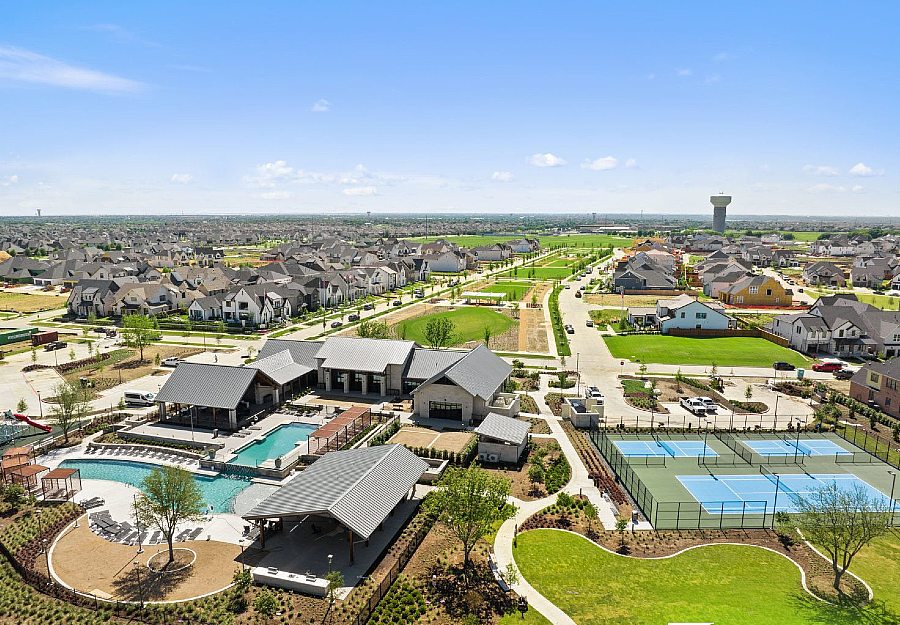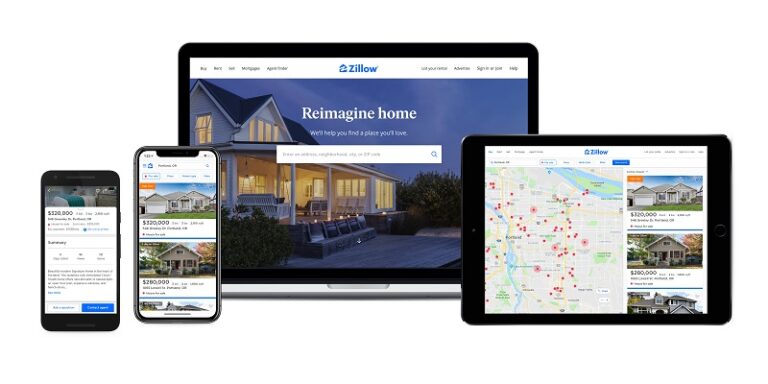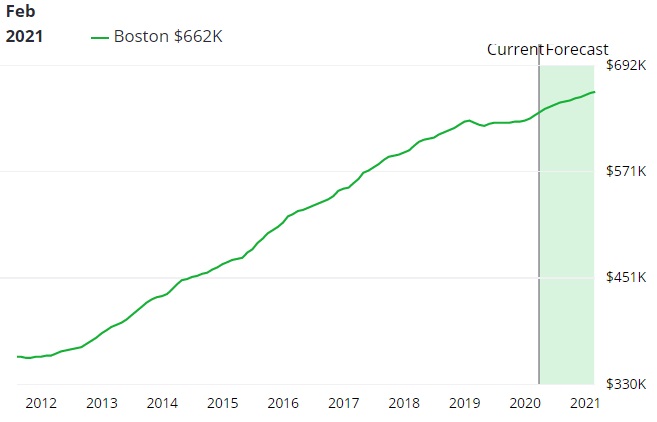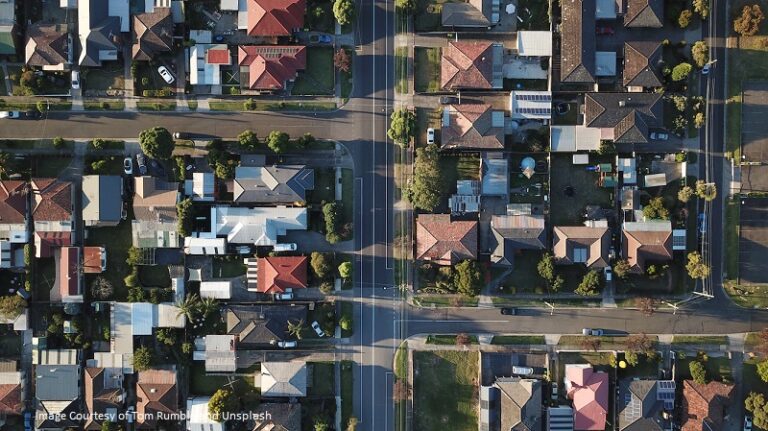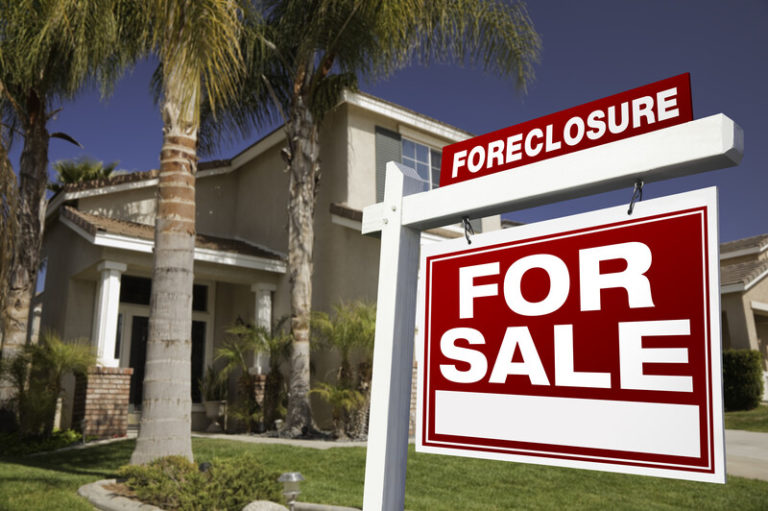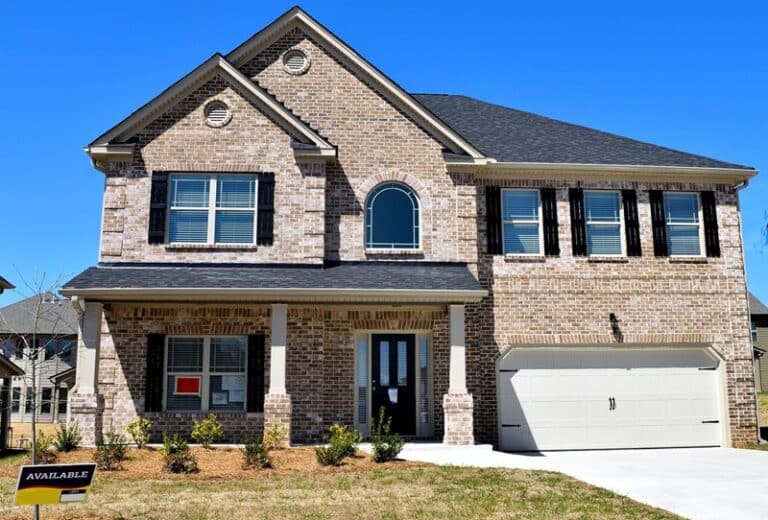Hottest Topics in Residential Real Estate
Realtors like yourself should be curious about the real estate-related topics thaat buyers and sellers are concerned with as we approach 2026. After all, these issues are what shape buyer’s perceptions of value, drive intent as well as affect sellers thoughts about when to sell. See the full list of hot trends below.
What’s hottest and most relevant can change from week to week depending on the news cycle. As 2026 approaches with expectations of lower mortgage rates and tax cuts, real estate may overshadow the stock market in the minds of Americans. 2026 will be the year of change and progress. It’s a good idea to keep up on the hottest housing markets too to understand where the highest demand is and why.
This swath of financial, taxation, affordability, supply, construction cost, import tariffs and slower trade, pricing, employment, community safety, and other issues creates a lively real estate market. With the potential of lower interest rates and mortgage rates soon, it generates hope, hype, excitement and a risk of a housing bubble and market crash. It’s these tender issues that are driving buyers and sellers questions and intent. Will they buy or sell? Or will everyone turn from a soon to be overheated housing market?
The Hot Issues Say a Lot about Where Buyers/Sellers are Emotionally
Use these issues/topics to keep up on buyer/seller sentiment to help you relate better to their state of mind and what their questions actually say about their intent. They’re asking questions in AI search engines and Googling to find Realtor websites to get agent’s views on the local scene. They’re not sure what to think, and the experts don’t seem too certain either. They’re looking for credible, solid, and reliable information and guidance on key issues for them, before committing to the biggest, perhaps most risky transaction of their lives. Ultimately, that drives our hottest real estate topic list.
Prepare your real estate marketing strategy: If you’re not developing your own real estate content for maximum visibility and clickthroughs on search engines, and to deliver fast, clear expert answers to all of their questions, you need to put your 2026 real estate marketing strategy together. Clients usually pick the first trustworthy agent they find. Visibility is everything, but so is converting prospects to new clients. Your SEO/Content strategy can do that, and those who get started now can lead their local markets. Your leads are out there.
Topics, questions and keywords are the focus of any real estate SEO/GEO strategy and real estate content marketing strategy.
Let’s take a look at the hottest topics now, soon and in the future.
Issues that many Consider Critical Now
- High Mortgage / Interest Rates — Still the #1 affordability killer; even if rates ease slightly, prices are very high and lock-in effects remain.
- Housing Affordability Crisis — Buyers priced out; younger households struggling to enter the market. Many buyers want to know you are actively empathizing with their plight and not just ignoring the housing crisis which makes them feel invisible.
- Inventory Shortages / Low Supply — Builders not keeping up, sellers holding back – a persistent mismatch. Supply this year varies by region and it’s important to help them understand the unique market conditions in your local market coverage area.
- Mortgage Lock-In Effect — Millions of owners trapped in 3% loans; supply won’t free up until rates fall more. They’re constantly curious about when mortgage rates will fall to an affordable level and where they can find lower rate mortgage lenders as they might be in a forced refinance situation or even foreclosure.
- Rising Insurance Costs & Extreme Weather Event Risk — Especially urgent in coastal hurricane, wildfire, and flood zones, insurance rates are threatening many homeowners and deterring would be buyers who face high premiums in areas prone to natural disasters or weather events.
- Rental Market Pressure —Rents climbing with limited alternatives for those shut out of ownership is forcing many to live where the y don’t want to live. Many young homebuyers want to feel hope that there is light at the end of this tunnel, in renting a decent home or condo, and maybe one day buying a home.
- Foreclosures & Financial Strains — Defaults are ticking upward, linked to inflation, high renovation costs, high energy costs, high mortgage payments, job market uncertainty, and worry about debt of all kinds.
- Delisting / Sellers Pulling Homes — Many homeowners are choosing to wait rather than sell at today’s values. Sellers hang onto their dream price as the economy is doing okay, and in many regions, supply is limited. It’s a cat-and-mouse game with buyers and sellers.
- Investor Competition — Small investors and institutions are taking inventory away from individual buyers which makes the market less competitive and less organic, as investors demand their rental prices.
- Inflation’s Effect on Housing Costs — Rising prices affect mortgages, property taxes, utilities, maintenance, renovations, sales intentions, and more.
Emerging but Escalating Housing Market Issues through 2026
- Supply Chain & Construction Cost Challenges — Labor shortages and high materials still bottleneck new housing and raise home construction costs.
- Policy & Zoning Reform Battles — Cities/states trying to re-zone and add density to fight affordability.
- Price Stabilization vs. Regional Declines — Some markets cooling fast; others still rising.
- Buyer Incentives / Concessions — Builders offering buy-downs and perks, reshaping how homes are sold.
- Rent vs. Buy Dilemmas — More households weighing the financial trade-off with higher costs on both sides.
- Regional Migration Patterns — Shifts toward lower-cost metros continuing, reshaping demand maps.
- Homeowner Equity Concerns — If values flatten or dip, some owners may face negative equity in 2026.
- Legislation & Government Intervention — Proposals like tax credits, subsidies, and rent caps gaining urgency.
- Urban Revitalization vs. Suburban Pull — Tension between city growth efforts and suburban expansion.
- Climate Change & Disaster Preparedness — Building codes and resilience upgrades becoming mandatory.
Long-Term Structural Shifts (Will Shape Housing Beyond 2026)
- Sustainability / Green Housing — Solar, energy-efficiency moving from optional to standard.
- Smart Homes & PropTech — Digital mortgages, AI-driven valuations, smart infrastructure.
- Multigenerational Living — More demand for larger or adaptable homes.
- Alternative Housing Models — Build-to-rent, ADUs, co-living spaces slowly scaling.
- Senior Housing & Aging Demographics — Accelerating demand for accessible homes and communities.
- Transit-Oriented Development — Prioritized by cities trying to densify affordably.
- Equity in Access & Valuation — More scrutiny on bias in appraisals and lending.
- Resale vs. New Construction Balance — Ongoing tension in pricing, availability, and buyer choice.
- Demographic Shifts (Millennials → Gen Z Buyers) — A big wave of demand from late-20s/early-30s households.
- Tech-Enabled Consumer Behavior — Buyers expecting instant data, AI-driven listings, immersive virtual tours.
The most realistic housing market forecast sees a short term threat for the next year, followed by a quickly improving US economy. And this is without import tariff resolution. With interest rates and mortgage rates likely on the decline, the big gap between buyers and sellers will close generating a wealth of transactions for Realtors to enjoy.
If you’re not actively marketing on Google or the new AI search engines, you’re leaving that buyer/seller source to other agents. By beginning your real estate marketing strategy now, you’ll be rolling in 2026, positioned for top visibility with buyers and sellers.
Get in touch with me to discuss digital marketing and lead generation: 416 998 6246.

